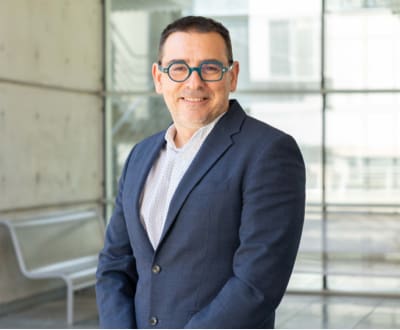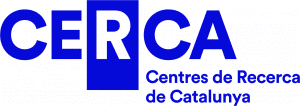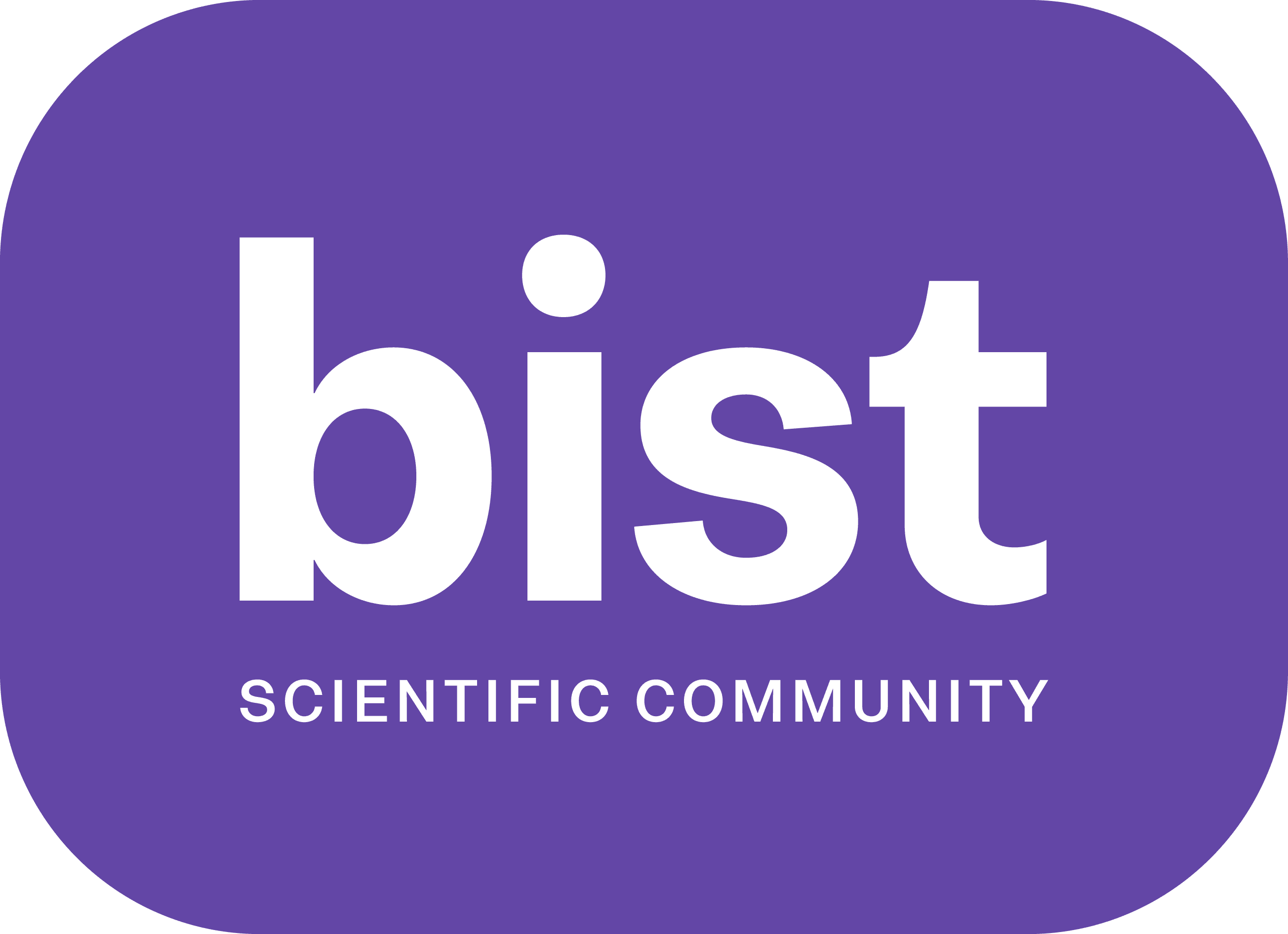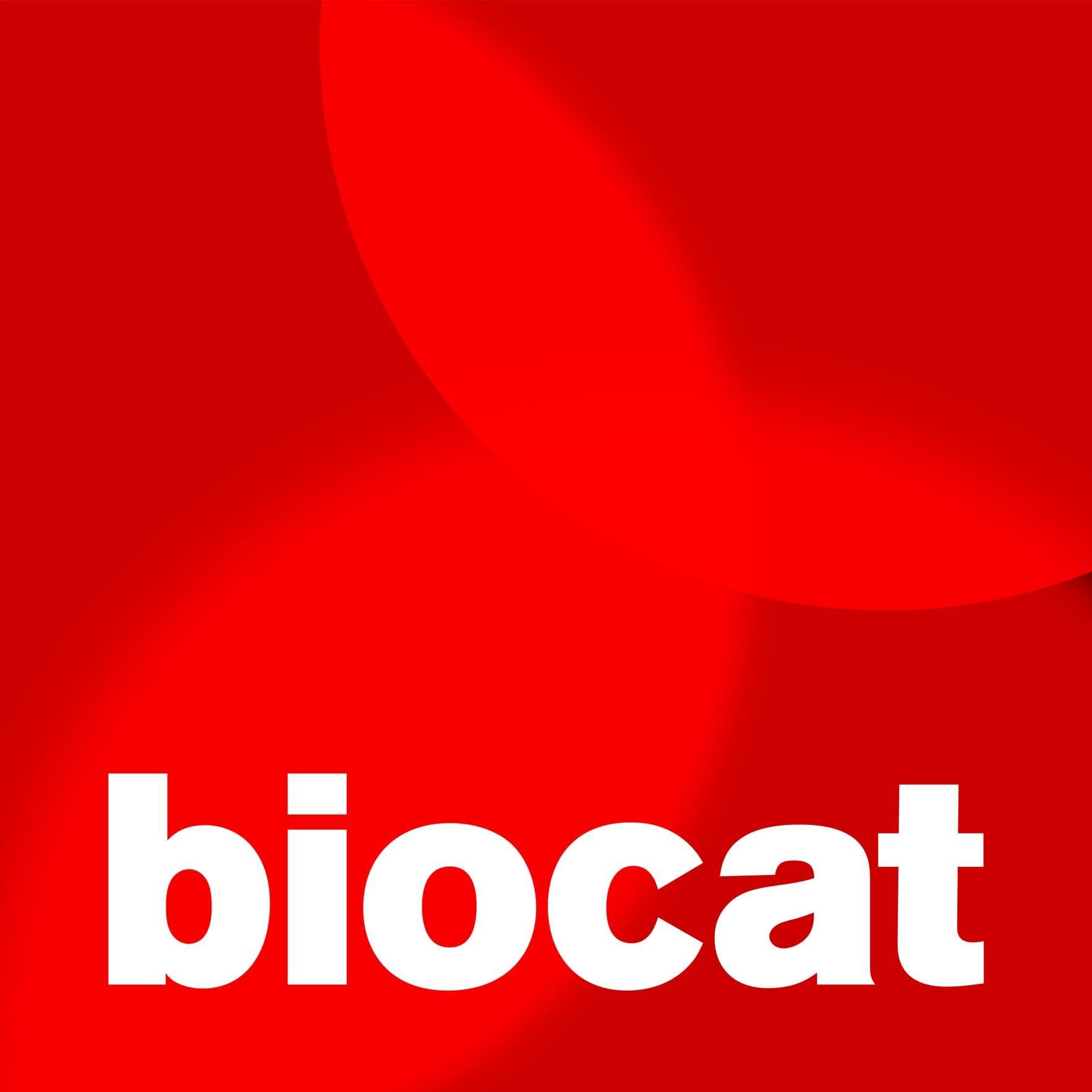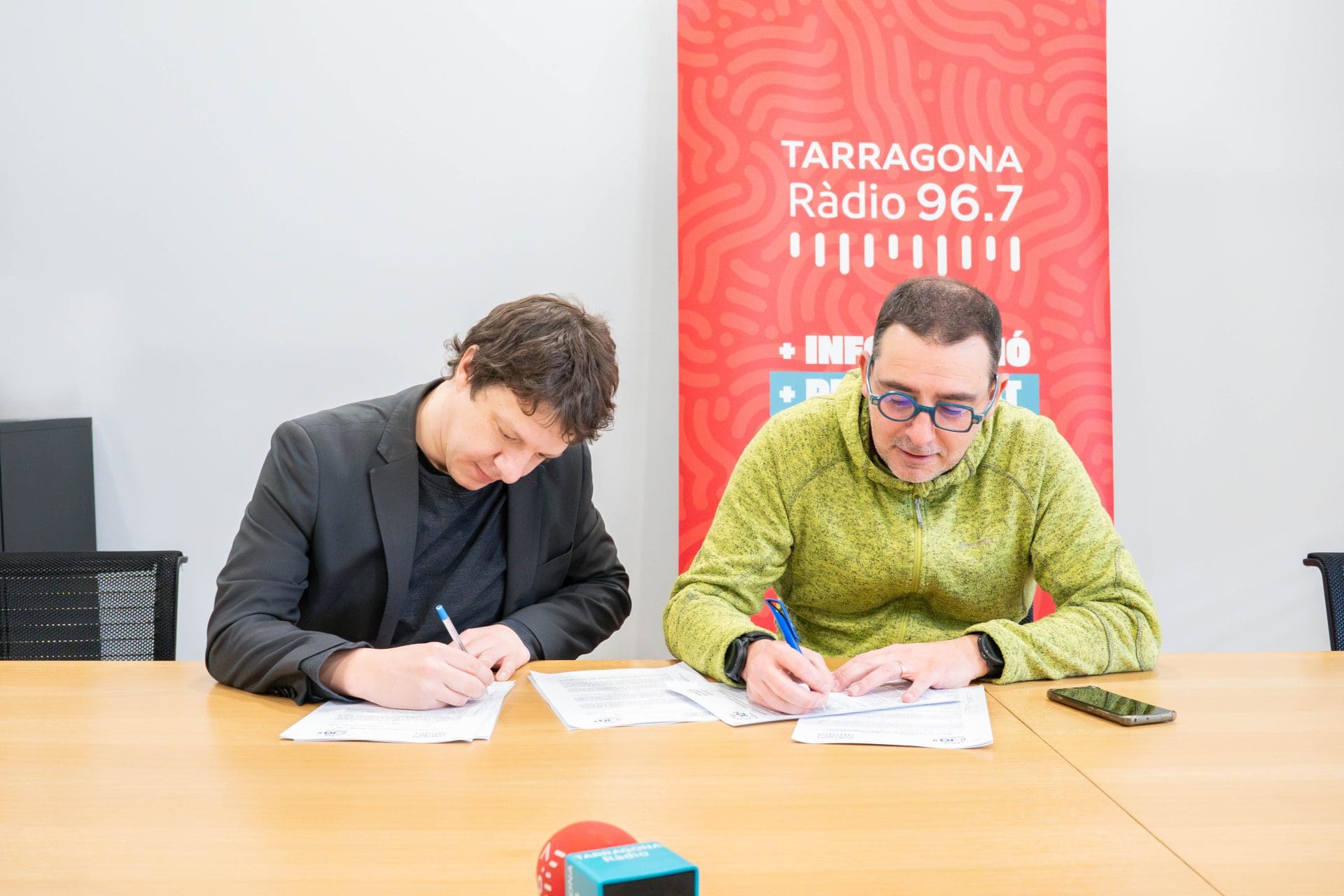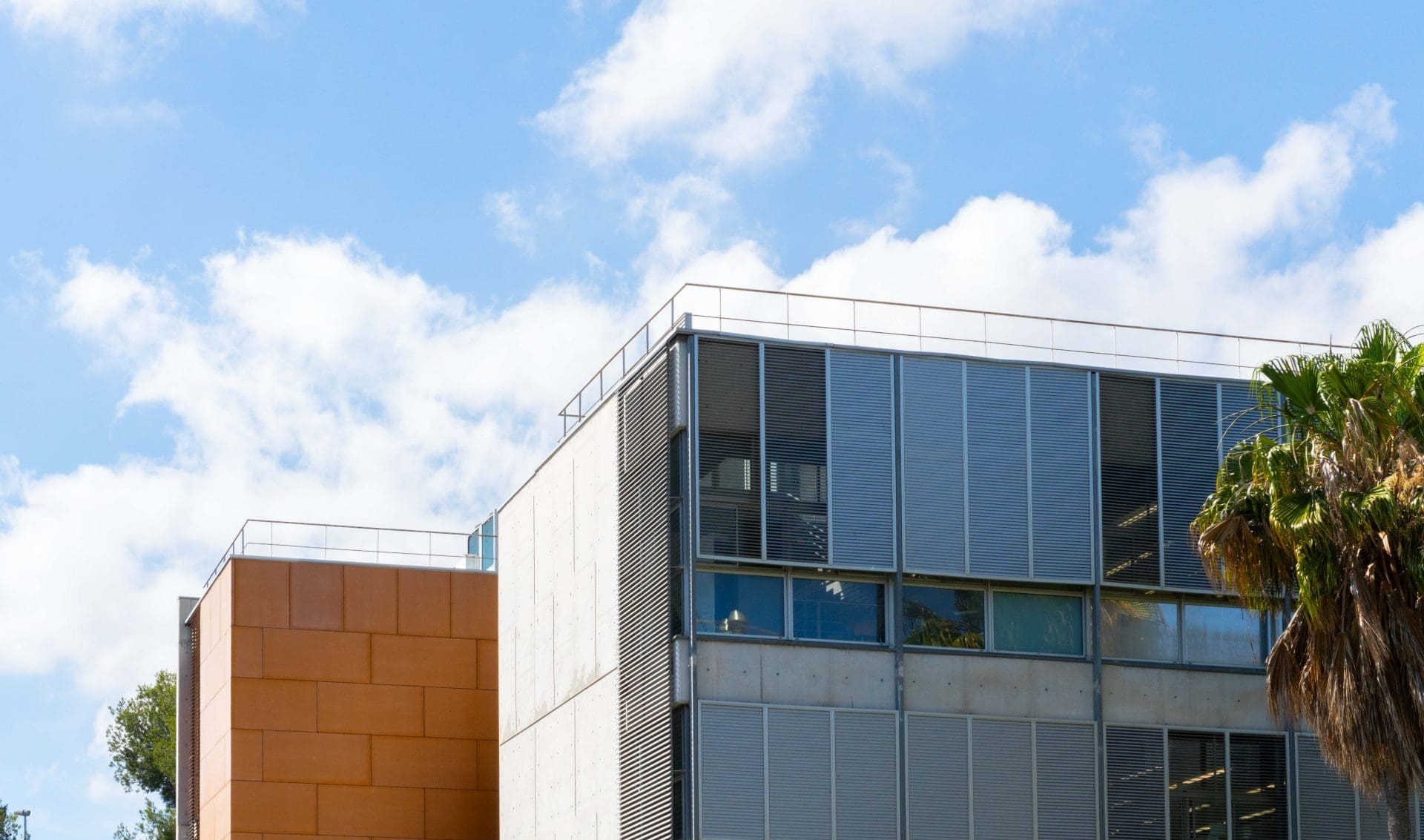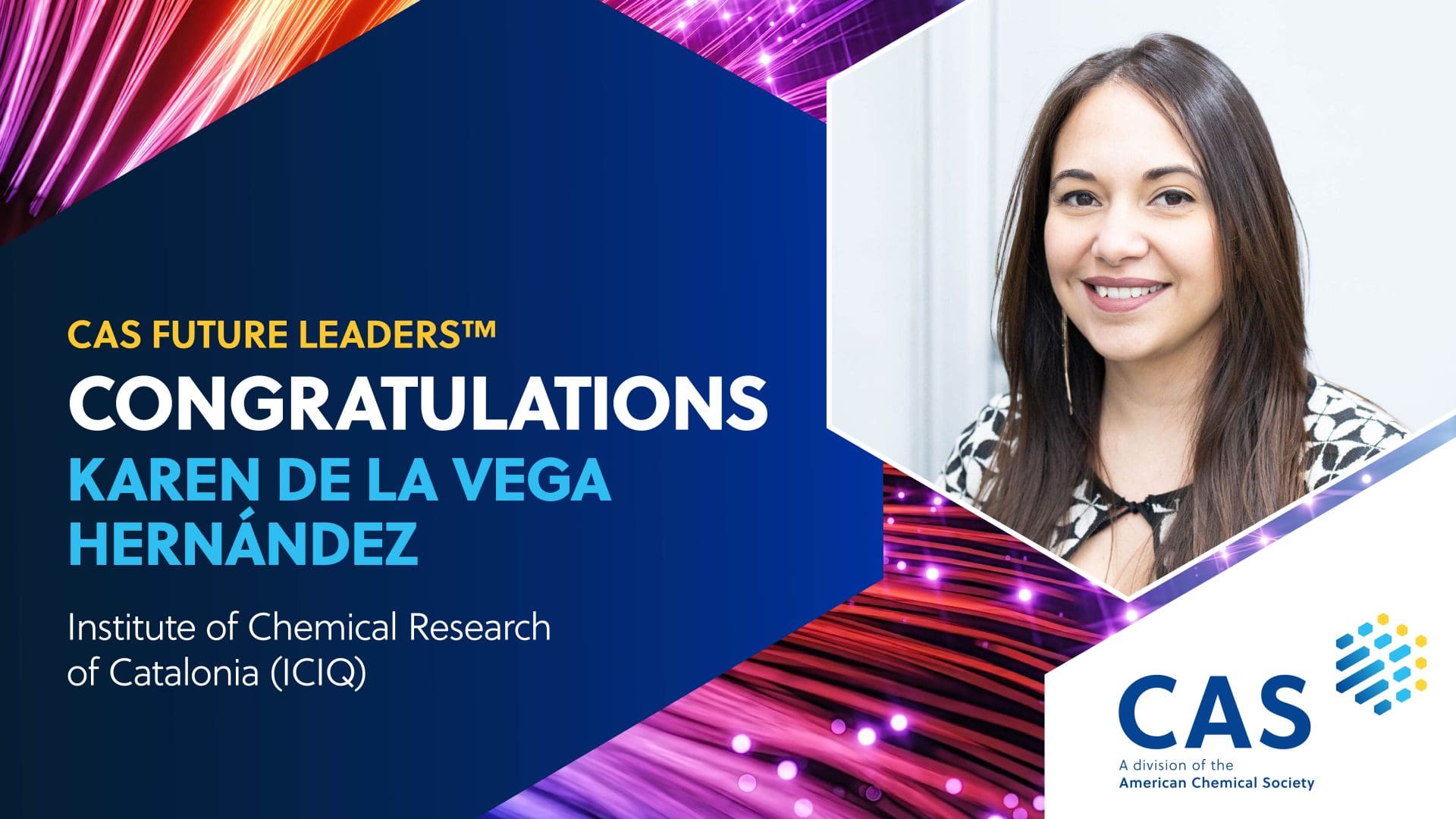Overview
About ICIQ
ICIQ is a public research foundation dedicated to advancing chemistry to tackle some of the most pressing global challenges, including the climate emergency, the energy transition, and human health. Since 2014, ICIQ has been awarded three Severo Ochoa Excellence Accreditations, reinforcing its position as a leading centre in sustainable catalysis, renewable energy, and molecular medicine. Located in Tarragona, ICIQ brings together more than 300 professionals — over 260 of them directly involved in research — across 19 research groups working at the forefront of science through a combination of experimental and computational approaches. The institute has secured 26 grants from the European Research Council (ERC), and nine of its group leaders are ICREA Professors, appointed by the Catalan Institution for Research and Advanced Studies. ICIQ has strong collaborations with academia and industry, fostering technology transfer, driving innovation, and supporting the development of scientific talent throughout all stages of the research career. These efforts are aligned with the European Commission’s Human Resources Strategy for Researchers (HRS4R). As a CERCA centre and a founding member of the Barcelona Institute of Science and Technology (BIST), ICIQ is committed to open science, sustainability, equal opportunities, and ensuring the social impact of its research.
Leading from the standpoint of molecular science, we aim to pioneer cross-cutting strategies to address major social and economic challenges such as climate change and sustainable supply of raw materials and energy. This contribution seeks to foster the development of a knowledge-based economy that enhances the quality of life for all citizens.
To become a centre of international reference in the training of new generations of scientists, and to contribute, through chemical research, to provide solutions to the global challenges and to the development of a sustainable and equitable future, open science and the social impact of research.
We drive chemical research and the training of scientists as a catalyst to contribute to a sustainable and equitable future that improves the lives of future generations and the state of the planet
History
ICIQ Community
ICIQ community represents a fundamental pillar in the daily life of the institute. Its main objective is to foster integration and cohesion among all the members of the centre.




Guidelines and policies
-
Research Integrity
Research Integrity
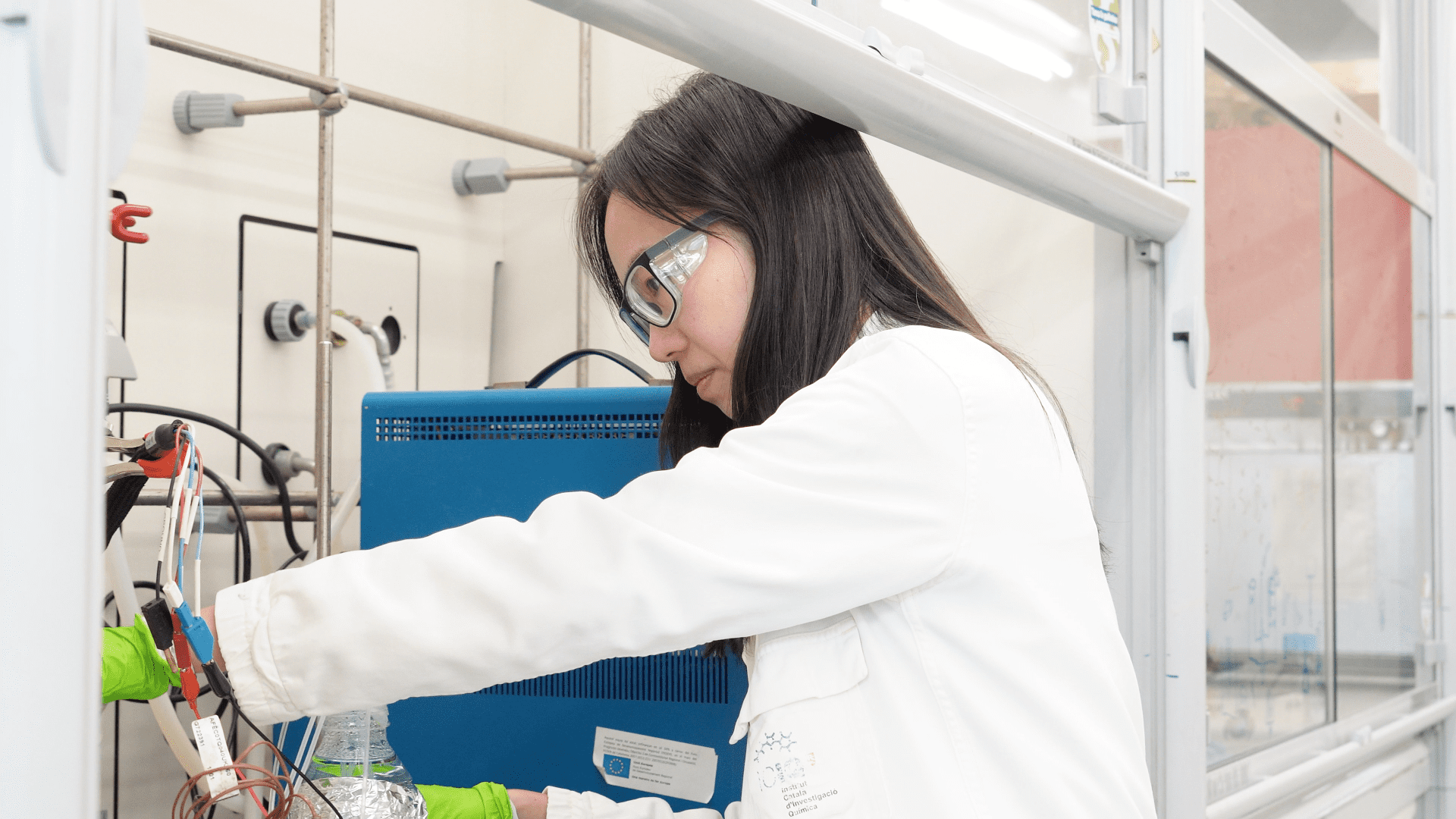
ICIQ research is based on the principle of integrity. Our researchers are committed to observing the highest standards in the conduct of their research. Scientific honesty and truthfulness in research and peer review are our pillars. We are convinced that integrity in planning, execution, presentation and assessment of the research work is essential in ensuring excellence. To this end ICIQ has approved the Guidelines for Research Integrity and Good Scientific Practice at ICIQ that all researchers must comply with.
-
Enviromental Policy
Enviromental Policy
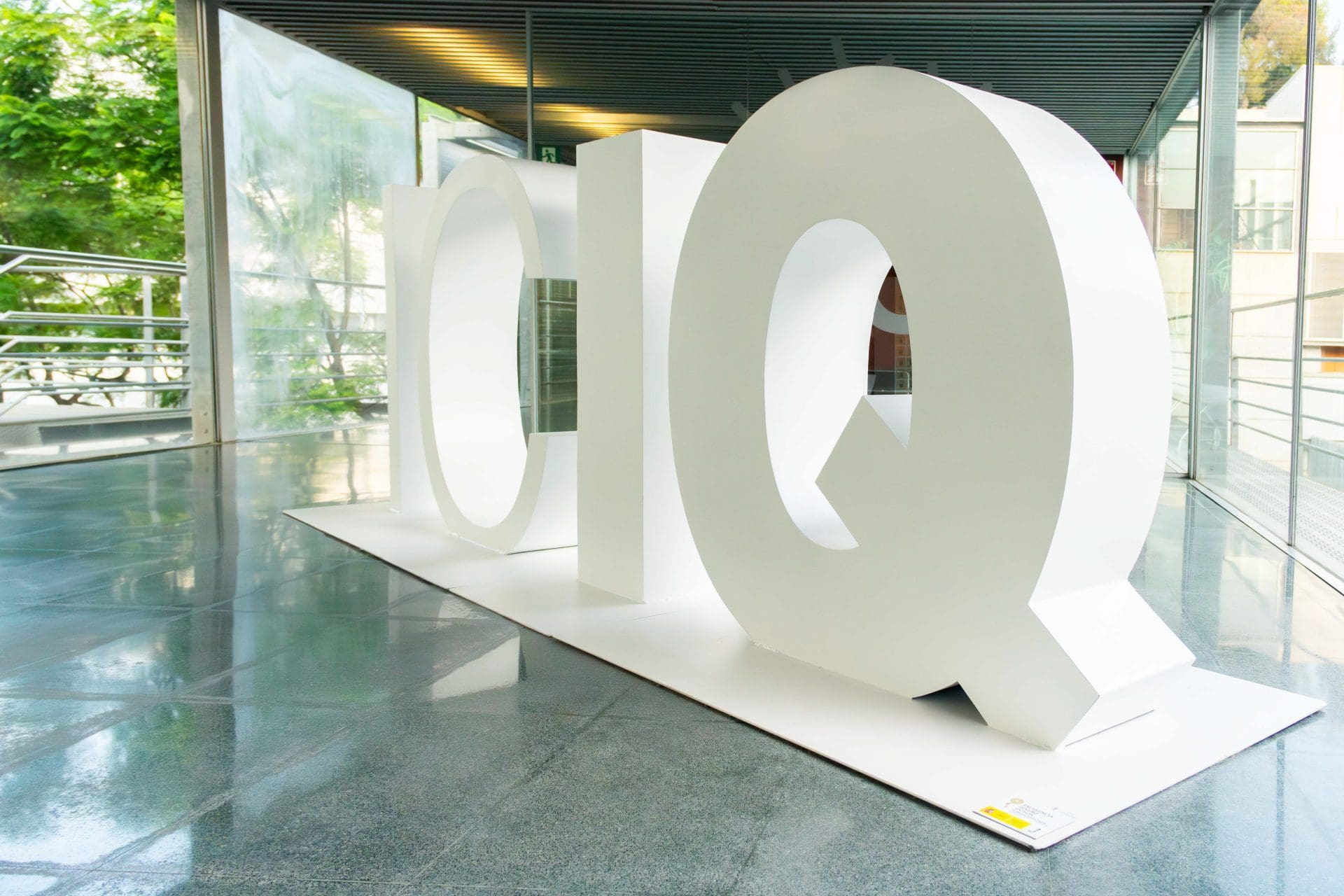
ICIQ Environmental Policy emphasizes the institute's commitment to sustainability through its focus on catalysis, a key activity for developing greener chemistry. This approach aims to create products selectively while minimizing energy use, raw material consumption, and waste generation.
-
Gender Equality Plan
Gender Equality Plan

ICIQ reaffirms its commitment to establishing and implementing policies that promote equal treatment and opportunities between women and men, avoiding direct or indirect discrimination based on gender.
-
Recruitment Policy
Recruitment Policy

ICIQ adheres to the principles set out in the Code of Conduct for the Recruitment of Researchers in 2011 and has been implementing its principles in all recruitment processes since then.
-
CERCA Policy
CERCA Policy
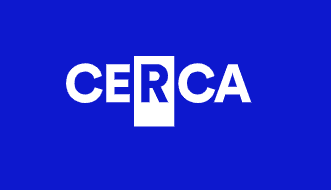
ICIQ, as a CERCA centre, adheres to the CERCA Code of Conduct, which can be fully accessed here. The Code of Conduct ensures good management practices in areas such as transparency, industrial property management, and scientific integrity, among others.
Accreditations of excellence
Networks and alliances
Events
-
April 2025
30
ExhibitionSant Jordi's Day Celebration at ICIQ (2025)
-
May 2025
16
SeminarApproaches and Catalyst’s Designs in Anion-Binding and Acridinium Photocatalysis
-
June 2025
10
SeminarSynthetic Applications and Mechanistic Considerations of Nickel- and Photo-Catalysis
-
June 2025
27
SeminarExploiting Host-Guest Chemistry in Sensing Array, Enrichment of PTMs on Histone Protein and RNA, and Water Micropollutant Detection and Removal

Let's create a brighter future
Join our team to work with renowned researchers, tackle groundbreaking
projects and contribute to meaningful scientific advancements

